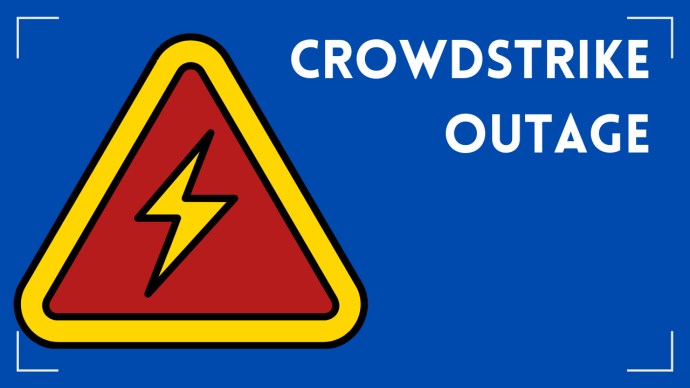 On 19 June 2012, residents of Melbourne and Victoria had their world rocked by an earthquake that registered 5.3 on the Richter scale, according to Geoscience Australia. When the quake initially struck, the Geoscience Australia website received so much traffic that it actually crashed for a while; but the site soon recovered and continued providing Australian residents with the vital information they needed. Fortunately, the quake did minimal damage, but if it had been powerful enough to cause serious damage, how quickly could your Australian business have recovered from such an event … if it recovered at all?
On 19 June 2012, residents of Melbourne and Victoria had their world rocked by an earthquake that registered 5.3 on the Richter scale, according to Geoscience Australia. When the quake initially struck, the Geoscience Australia website received so much traffic that it actually crashed for a while; but the site soon recovered and continued providing Australian residents with the vital information they needed. Fortunately, the quake did minimal damage, but if it had been powerful enough to cause serious damage, how quickly could your Australian business have recovered from such an event … if it recovered at all?
Since people are advised to turn off electricity and telephones and avoid unnecessary driving, how would your business go on if an earthquake struck? What solutions do you already have in place to ensure that your employees will be able to keep working even if they have to stay at home for a week or more?
Business continuity is every bit as important as disaster recovery, if not more so. Things like power outages and server crashes are far more common than earthquakes or other natural disasters. So, what steps have you taken to ensure that your business won’t come to a screeching halt if a serious earthquake demolished your company’s office location and stranded your employees in their homes?
Things like server virtualisation and VoIP telephone systems enable you and your employees to access company files, emails and phone messages from anywhere in the world. Even small earthquakes can cause things like water main breaks, which can flood roads and make them inaccessible or dangerous to traverse. Water main breaks can also flood buildings and damage or ruin servers and wiring and make the buildings impossible to work in. With a virtual network established in a location far removed from the one in which the quake struck, you and your team would be able to not only continue working as usual but also check on clients and vendors and keep them informed about what’s going on.
The folks in Melbourne and Victoria are fortunate that the quake, though the strongest to hit Australia in more than a century, wasn’t strong enough to do serious damage. But maybe this little shake up has made those who are unprepared realize that an earthquake can strike anywhere at any time. You don’t want to wait until after an earthquake or some other disaster has interfered with your business operations to start thinking about how to get things up and running again. By then, it’s too late. The average managed IT services provider offers free or low-cost, no-obligation consultations. Take advantage of the opportunity to get professional advice on how to prepare a business continuity plan for your company.
Disasters can strike anywhere and anytime. Is your business prepared? Call our team of IT experts who specialize in business continuity.



